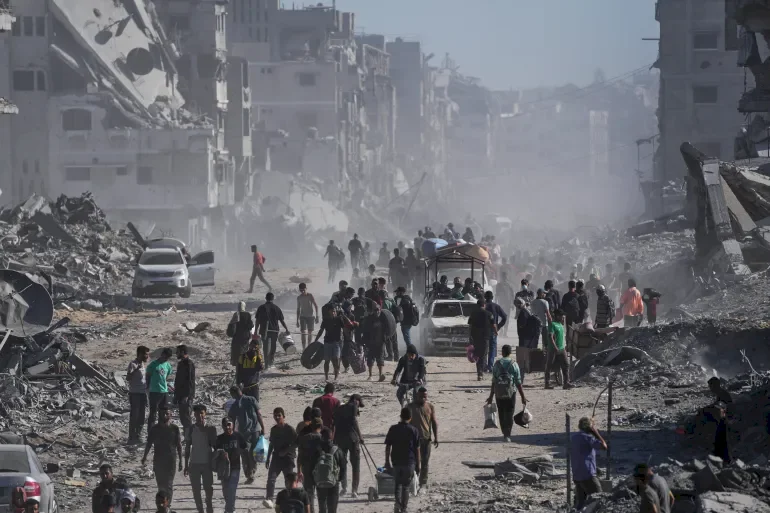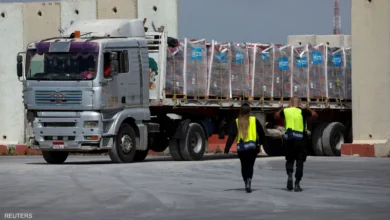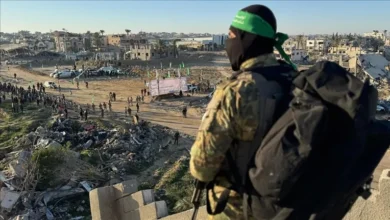Three Muslim countries vie to enter Gaza via U.S. “Stability Force”
شبكة الخامسة للأنباء - غزة

Three non-Arab countries — Indonesia, Azerbaijan and Pakistan — are competing to join a “future stability force” in Gaza, U.S. Defense Department officials told Politico. The force is a central element of President Donald Trump’s plan to restructure the security and political situation in the Strip.
Defense officials, one still in office and one former, said the three countries have expressed serious interest in participating, although negotiations are still in early stages and no formal commitments have been made. Progress in the talks reflects the White House’s determination to implement its 20-point peace plan.
Indonesia, the world’s most populous Muslim-majority country, seeks to expand its international influence through participation. Pakistan and Azerbaijan have close ties to the current U.S. administration, and each may view the move as an opportunity to strengthen its standing with Washington.
Dan Shapiro, a former U.S. Defense Department official during the Biden administration, stressed the need to build real momentum, calling for incentives for participating countries to define the force’s tasks and structure to ensure readiness for deployment.
The U.S. plan includes training the Palestinian police to take over running the Strip in the future and transferring authority away from Hamas. Egypt and Jordan are expected to take part in consultations without sending forces, to avoid any perception that they are acting on Israel’s behalf. Forces from Egypt, Qatar and the UAE are also expected to be positioned inside Israel to help monitor a ceasefire.
On the ground, U.S. Central Command (CENTCOM) has begun deploying 200 troops to Israel to establish a civil-military coordination center north of Gaza, amid the absence of coordination teams from the State Department or other government agencies.
A former defense official said the mission poses a major challenge for CENTCOM, particularly without a unified coordinating body and given the added complexity of working with countries outside its usual area of responsibility, such as Indonesia and Azerbaijan.






